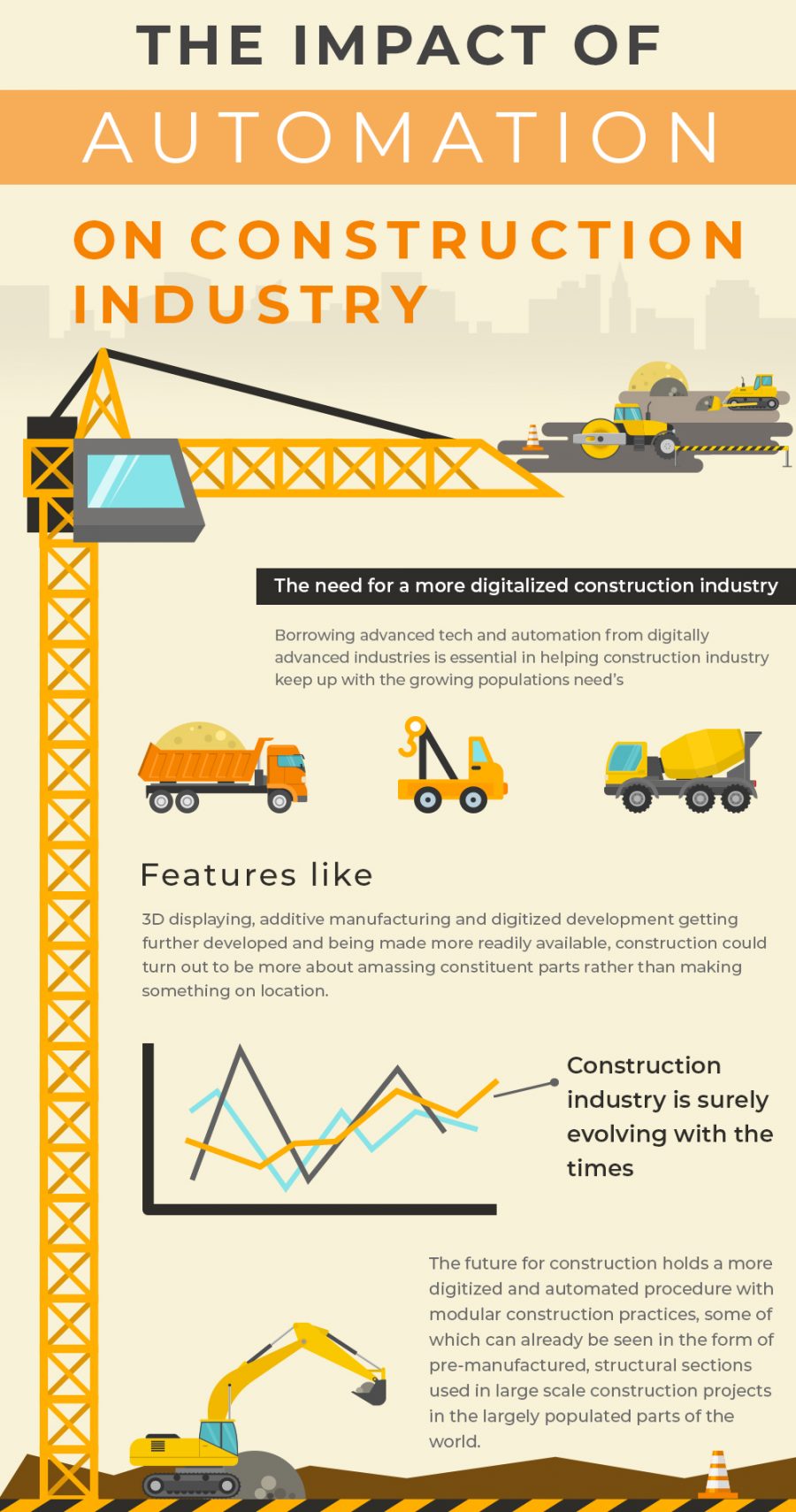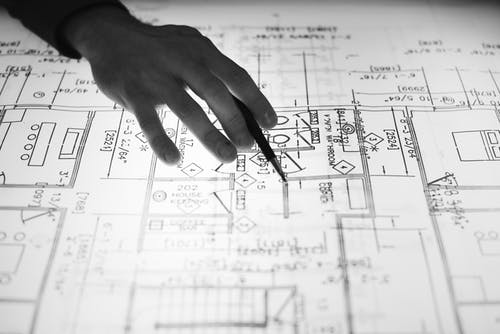The construction and building industry has remained the same for hundreds of years, but while the original construction process continues to work, what it doesn’t do is save time. With the exponential population growth in countries like China, we see a shift towards manufactured housing with automation such as brick house 3D printing being used. In accommodating the worldwide requirement for a new framework, automation could help in transforming the construction industry.
How Automation Is Reshaping the Industry
Automation has managed to transform many industries, most prominently among them is the manufacturing industry. We can see now that the construction industry is also catching up. We see every day an increasing amount of contractors are working more and more with manufacturing technologies. With features like 3D displaying, additive manufacturing, and digitized development measures getting further developed and being made more readily available, construction could turn out to be more about amassing constituent parts rather than making something on location.
Manufacturing has been the most unmistakable adopter and recipient of automation throughout the last ten or twenty years. From being a divided, incoherent industry known for awful working conditions, the manufacturing business has become a united, proficient machine, with consistent creation cycles and coordination between offices. This is, obviously, because of information that interfaces all aspects of the chain, from unique 3D models through to warehousing and conveyance. Such a continuous information stream could change the development of business enormously, achieving a similar sort of ocean of change found in assembling and bringing the business completely into the twenty-first century.
The construction industry could surely benefit from becoming a latecomer to the automation party, seeing as the digital industry has already managed to integrate itself into the industry in many different ways. The construction industry could benefit greatly from borrowing more advanced technologies and automation from manufacturing industries as they are among the most digitized industries.
Common Concerns Pertaining To a More Automated Construction Industry
However, with automation, the most common concern of the people is whether digitalization would put the people working in the industry out of work and that the workers would not be able to adapt to more innovative and advanced technology. That concern stems from the fact that most workers work with older technology and a fear they won’t be able to transition into using more advanced technology, but seeing as how the use of cell phones and other forms of digitalization is already an integral part of most people’s lives, transitioning into using newer and more digitized machinery would be easier than it appears to be.
Therefore, the question isn’t whether the workers would be able to transition into using more technologically advanced machinery as construction workers are able to adapt to new and more innovative machinery, but rather more often than not contractors find used machinery for sale and the workers are thus unable to work with newer machinery.
It is clear that the future for construction holds a more digitized and automated procedure with modular construction practices, some of which can already be seen in the form of pre-manufactured, structural sections used in large scale construction projects in the largely populated parts of the world.



